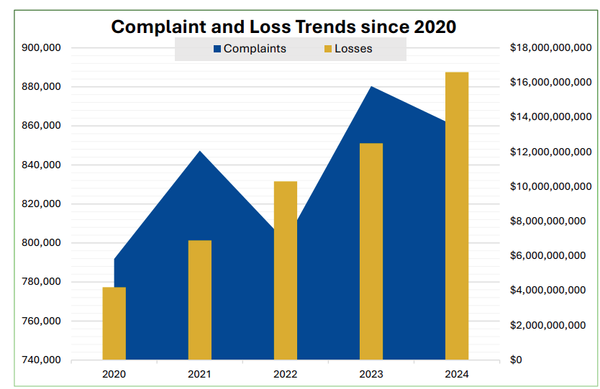DOGE is expected to slash 40% of CISA's workforce
DOGE to host a hackathon to better access US citizens' most sensitive data, Apple appeals UK back door order, Taiwan identifies Crazyhunter hacker, TikTok to live for 75 more days in US, Five UK romance scammers convicted, Leak site of Everest gang defaced, OpenAI tests watermark, much more





